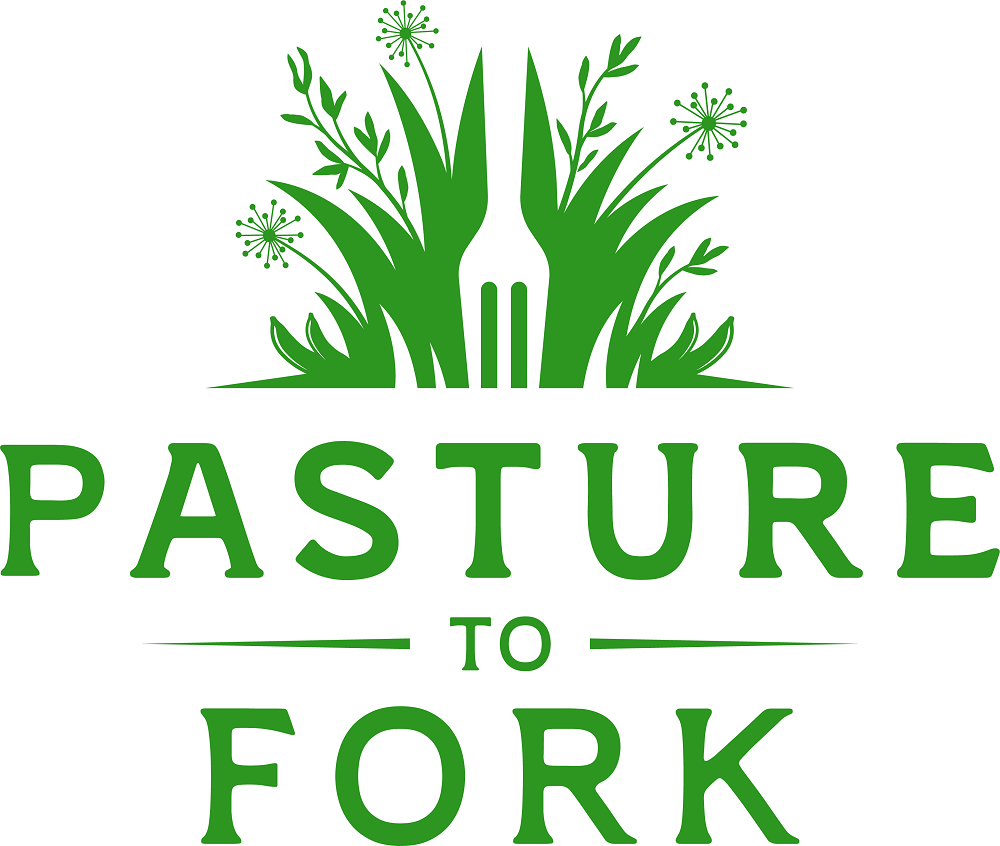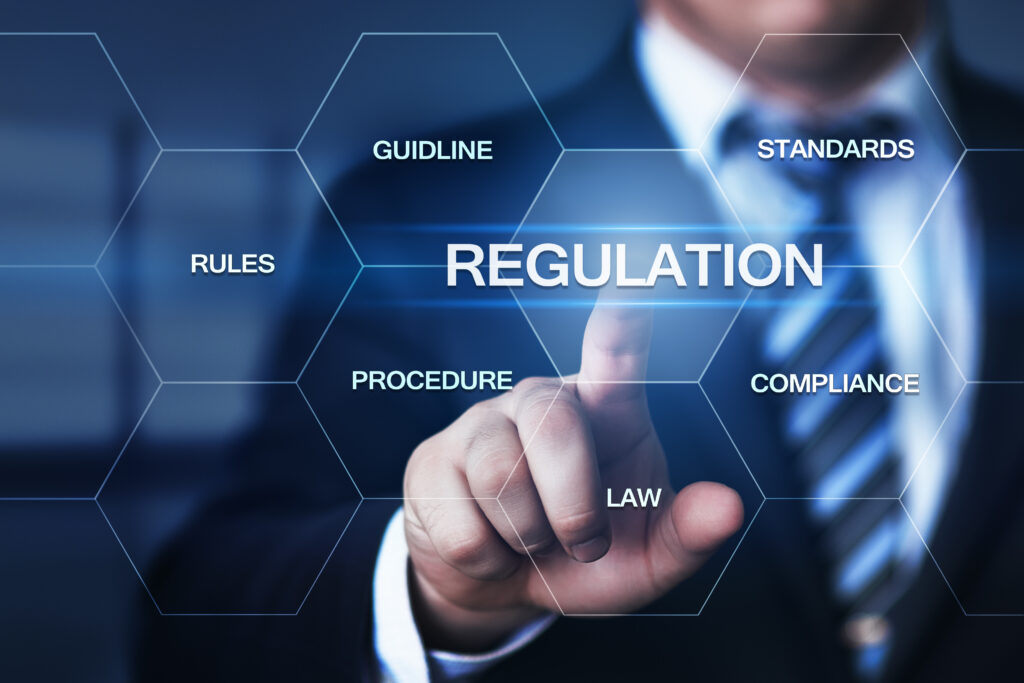Concerning Food Shortages
At this point you’ve probably been exposed to the circulating speculation regarding food shortages. This is concerning, especially given it could come on something of a global scale. But as always, I’m inclined to take a rational view of potential crises (I’ve been accused of being lackadaisical in my responses to intense situations). First and foremost, the driver of a potential food shortage is said to be directly linked to both the availability and the skyrocketing cost of chemical fertilizers. This is allegedly linked to the Russia/Ukraine war because a large portion of the world’s fertilizer is manufactured there. With most of the western world’s agriculture dependent on synthetic fertilizer, taking major contributors like Russia and Ukraine out of the equation affects agriculture nearly the world over. The war is also blamed for food shortages because of Ukraine’s position as the breadbasket of Europe, and a key grain supplier of much of Asia. With grain being the number one storable food and feed commodity on the planet, this plays into animal agriculture on a vast scale. That said, this article is not about war—although my heart goes out to the refugees and circumstantial victims in Ukraine. Whether or not we’ll see food scarcity to the degree hypothesized we don’t know. We do know the media—along with other powerful entities—tend to focus on the negative, and appear to thrive on the generation and perpetuation of crises. We also know rumor of widespread food shortages are sure to instigate fear and panic among the masses. Concerning fertilizer, how did we come to such widespread dependence on synthetic energy to produce food? More, how did man figure out a way to become so helplessly fossil energy reliant that we depend on fossil energy to not only grow food, but transport it an average of 1500 miles before it reaches the plate? You might say, “We need it to feed the world.” While that’s a commonly held belief, it’s completely false. Yields on organic farms—who are barred from using fossil derived fertilizers—are on par with conventional, and the better organic farmers are surpassing conventional. Beyond simple yield measures, many regenerative farms now blow conventional operations out of the water with enterprise stacking, such as grassfed beef and pastured chickens on the same acreage. There simply is no excuse anymore for the soil prostitution taking place under traditional till-and-poison crop farming. That said, my concern—if the projected food crisis escalates quickly—is that we reach a point where innovation and change to more sustainable systems cannot come fast enough. Like all change, shifting from the old to the new first requires a paradigm shift in people’s thoughts. Farmers, as a demographic, are slow to adjust the way they do things. Especially if it means moving from the [old] mechanistic view of the chemical/tillage method to the biological method in which organic and regenerative agriculture functions. Removing fossil-based fertilizers from agriculture is not unlike taking away from society welfare, unemployment, and social security. If suddenly these social programs were removed, it would have calamitous consequences to a dependent society. To be sure, people would perhaps figure out how to earn a living and save for old age (I don’t say this in a demeaning way), but it would take time. By the same measure, for agriculture to learn to do without chemical fertilizer will take time. As glad as I would be to see American Agriculture cured of its chemical addiction and repent from its soil rape, the threat of it happening suddenly without replacing it with necessary education is troubling. Speaking of Ukraine’s position as a major grain center, I ask, “Why so much grain?” The simple answer is, “To feed livestock.” In the US alone, 70% of all grain grown goes to herbivores. This is completely unnecessary and accounts for the majority of all pesticide, herbicide, fertilizer, and agricultural petroleum use. Having four stomachs (essentially a giant fermentation vat capable of breaking down the complex carbohydrates in grass), herbivores aren’t designed to eat large amounts of grain. Grain-fed beef, for example, evolved under an agenda to grow it bigger, fatter, faster, and cheaper. All while making the end product less healthy as human food. The subject of soil sustainability or regeneration is not new. Both George Washington and Thomas Jefferson wrote extensively of the need to regenerate soils. The work of Sir Albert Howard (1873-1947) made prominent strides in composting and other efforts toward sustainability as early as the 1920’s and ’30’s. But at the end of WWII when munitions factories were redirected to the manufacture of chemical fertilizers, it quickly gained a significant head start on the organic/biological method. However, today our side is head-to-head with the conventional in terms of innovation as well as efficiency, not to mention leagues ahead in effectiveness. I don’t know about the rest of the world, but a little-known fact is that the US grain economy would not be possible without subsidiary programs from the federal government. Simply put, the government—by way of the USDA—takes tax dollars from consumers to subsidize farmers to grow grain in order to create cheap food for consumers. The greatest beneficiaries in this system are food manufacturers, who, by the way, lobby for crop subsidies. And of course, the federal government, who gains power and control. But I didn’t start this article with the intent of ranting about what’s wrong in the world. Rather to find solutions. Envision a world where we grew 70% less grain. Imagine how much agricultural land would be freed to grow perennial polycultures (which are soil positive under good management). With all this grassland we could do away with factory chicken houses and confinement hogs, all of which can easily be scaled in a pastured model. Earth friendly, animal friendly, and health friendly. What more could we want? (Maybe cheap food made possible via taxation. ha) What to do about the threat of a food shortage? I know this will sound self-serving, but it’s the way I see it. Form a relationship with a local farm. If push comes to shove farms like us may be forced to serve only our existing customer base. We have relationships with these people and can’t let them down in a crisis.Grow as much of your own food as possible. I know this may be intimidating but start a backyard chicken flock or grow a garden. (BTW, there will be a topic on backyard chickens at next week’s WAPF meeting here at Pasture to Fork)Build an in-home larder. Having a freezer full of food, or a shelf full of canned goods goes a long way toward stilling fear and panic.Buy extra every time you grocery shop. This is closely tied to #3. Buying a few packages extra of the things you use most is an easy way to lay away for that “rainy day.”Learn food prep skills. History shows us that in famines of the past the most available foods were the basics like potatoes and other items that required preparation.Trust God. The LORD our God be with us, as he was with our fathers: let him not leave us, nor forsake us… 1Kings 8:57 I hope you understand that I’m not trying to scare anyone. Much more to inform. The practical side of me would like to believe that this would not or could not happen here. But at the same time, the vulnerability in our food system has grown exponentially in the past several years. Quite frankly, it looks like too much power/control in too few hands, which makes any system precarious. Admittedly, we don’t know if these hypothetical shortages will come. Maybe it’s just another ploy to vindicate Russia, or some other politically driven conspiracy. It could well be that in a year from now we’ll look back on this article and question my sanity for even writing it. Nevertheless, we must prepare to some degree for what may be on the horizon, whether we know it to be real or not. The future, at best, is uncertain. For context, I will end with this, For God hath not given us the spirit of fear; but of power, and of love, and of a sound mind. 2 Timothy 1:7. And that’s The View from the Country. Edit








